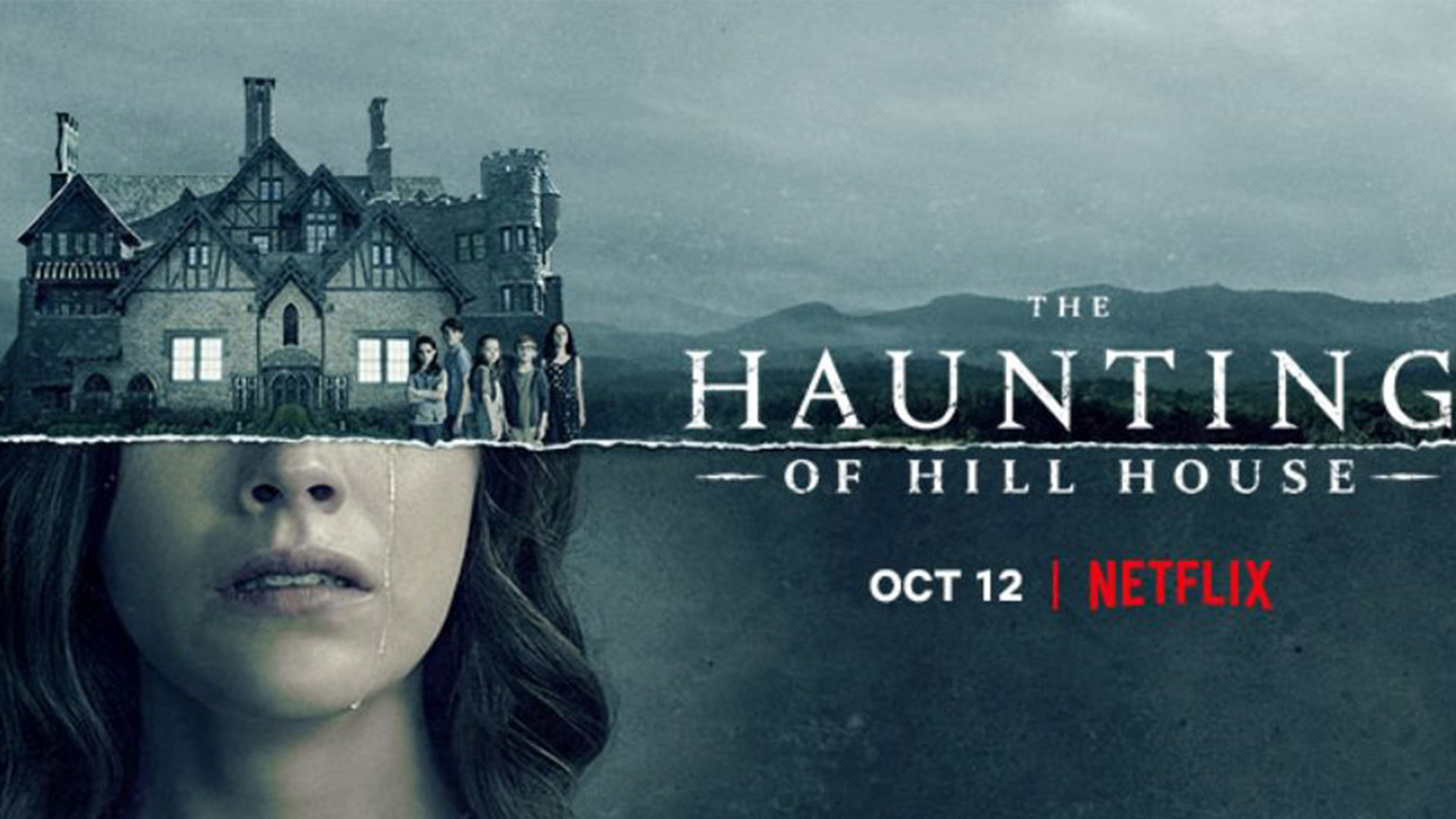Table Of Content

The deadline for consumers to cash their checks or claim their PayPal payments is Oct. 17. Publishers Clearing House and other legitimate sweepstakes do not require you to buy anything, place an order for something or hand over money to cover a tax or fee of any kind to collect a real prize. But the best way to protect your money is to watch out for those red flags of a scam and stop before sending any money or handing over any personal information. Second, if you are a client of a fee-only fiduciary financial advisor, reach out to them anytime you've been cold-called for money. Over the years, we have heard and learned to evaluate many different appeals for money both from illegal scam artists, legal financial sales pitches, and real financial predicaments.

Avoid The Publishers Clearing House Scam

The sad truth is that big winners can easily lose good money when it comes to sweepstakes scams, especially if they don't pause a bit and pay attention to any of the red flags along the way. The FTC charges that PCH used dark patterns—manipulative phrasing and website design—to convince consumers that they needed to buy a product of some kind to enter the company’s sweepstakes or increase their chances of winning. Perhaps the most frightening part of the story is that he was told that after he had the money in his bank account, a personal representative by the name of Norma Dixon would accompany him to the bank. This is exactly the same name used in the exact same scam in this report from over a year ago. Second, neither the IRS nor state taxes are required to be paid in order to get your prize money. No taxes are owed before income or prizes are received.
Sweepstakes-related fraud
"It’s time we take steps to confront this latest wave of fraud and identify how mobile carriers can block these automated messages before they have the opportunity to cause any harm," Rosenworcel said in a statement. "Robotexts are the next generation of scams," according to a report called "Ringing In Our Fears" by the U.S. But far more people end up feeling disappointed and tricked by reading too much into PCH’s well-written “You may be a winner” headers on its correspondence. “Scammers are pretending to be Publishers Clearing House and tricking people into sending them money,” the FTC says on its website.
Publishers Clearing House Phone Call Scam Targets Victims
With this understanding of different PCH impersonator scams, how to spot them, and how to avoid getting caught in one, the only thing left is to learn how to report a Publishers Clearing House impersonator scam. If you've already sent money to a PCH scammer, contact your local police office. You'll also need to be extra cautious in the future because scammers consider people who have already been scammed to be easy prey, and there's a good chance that you will be targeted again.
Beware of sweepstakes scams - The Lewis County Herald
Beware of sweepstakes scams.
Posted: Wed, 10 Jan 2024 08:00:00 GMT [source]
If you comply, the scammer will invent more obstacles that you need to clear before you can claim your prize — such as sending money, information, or both. Fraudsters will sometimes ask victims to open new accounts in order to claim prizes. But in order to do so, you’ll need to “verify” your identity by sharing a bank account number or other sensitive personal information. This allows scammers to take control of the account and steal your identity. We appreciate your visit to the fraud protection section of our site and thank you for educating consumers about scam artists who oftentimes use our good name in attempts to deceive. Unfortunately, some well-intentioned coverage of this issue has resulted in headline and text copy that may be misread to indicate that the scam is from the real Publishers Clearing House.
Tip 2: Beware of Fake Check Scams
That's why it's important to be able to tell the difference between a legitimate prize win and a sweepstakes scam. First they copy images and content from the PCH Prize Patrol official Facebook account. Then they use this content to target people who follow the PCH page — and inform targets that they’ve won. Eventually, the scammers ask for up-front payments, a portion of the winnings, or financial data.
In early February, the United States Postal Service reported to Secaucus police they had intercepted a package that contained approximately $52,000 in money orders sent by an elderly fraud victim, Miller said. That can help them hunt the scammers down and prosecute them, although it’s difficult to do. That letter even included his name, as schemers often use the names of real PCH employees to make their messages sound more legitimate.
Publishers Clearing House (PCH) does NOT send e-mails notifying consumers that they have won a major prize. If you win a major prize in our sweepstakes, the PCH Prize Patrol will contact you in person. For smaller prizes (usually less than $10,000.00), winners are notified by overnight delivery services (FedEx, UPS), certified mail, or email in the case on online giveaways. It’s unfortunate but true – there are scammers out there that pretend to be PCH who troll for your personal information. And looking for the blue verified check mark is the easiest and best way to know the page you’re interacting with is the REAL PCH!
The 23rd Annual Law Firm COO & CFO Forum
I get this one (PCH) at least once a week and it is always the same story "call Mr xxxxx " to claim your winnings and pay the $500 Dollar processing fee. Thankfully, a number of people came to the rescue and told the user to stop communicating with the scammers. The user later appeared to confirm getting out of the situation ok.
Our friends at AT&T want to warn you of an 809 Area Code Scam. Please click on this link for more information and stay protected.
Compare the best identity theft protection services for seniors and decide which one is right for you. Award-winning identity theft protection with AI-powered digital security tools, 24/7 White Glove support, and more. Interestingly, that timeframe coincides to when national and international crime rings began raiding mailboxes and stealing mail from postal carriers. Then — in a practice called checkwashing — criminals change the payee on any checks they steal and cash them or deposit them electronically into another account.
Publishers Clearing House wants to warn you about scam artists pretending to be the Publishers Clearing House Prize Patrol or other PCH employees on social media platforms like Facebook, Instagram and Twitter. If you receive any communication claiming to be from Publishers Clearing House, do your due diligence. Contact the company directly and make sure you’re not getting scammed. Jory MacKay is a writer and award-winning editor with over a decade of experience for online and print publications.















